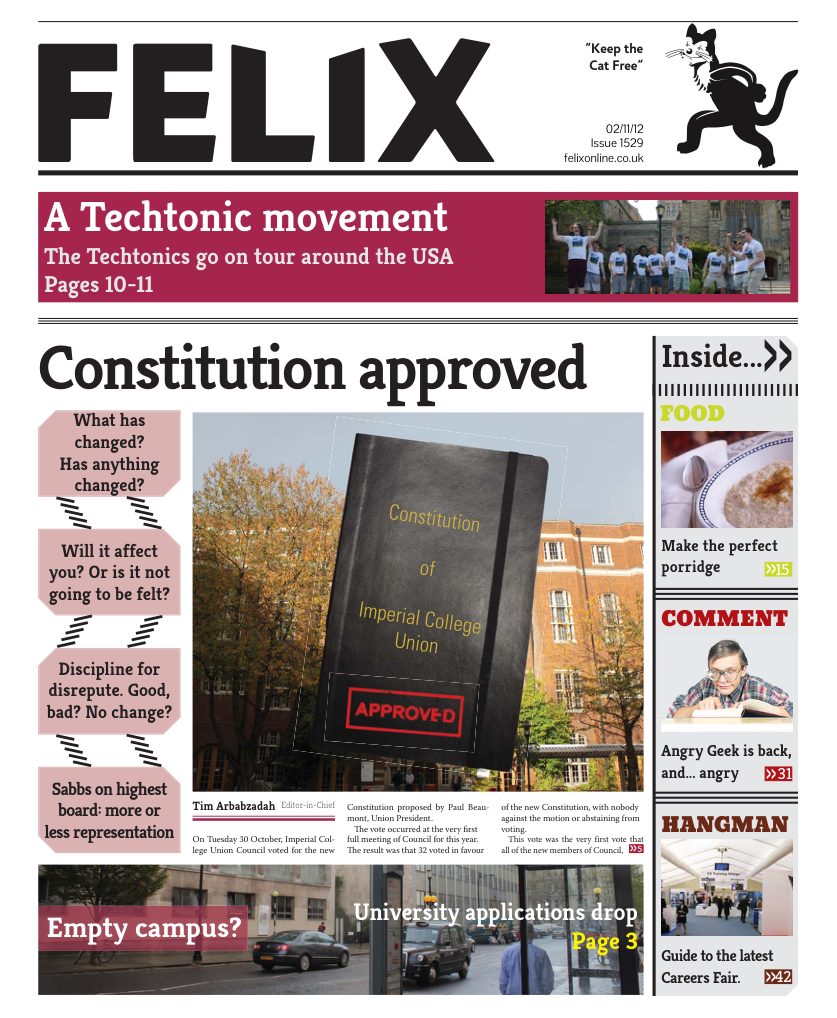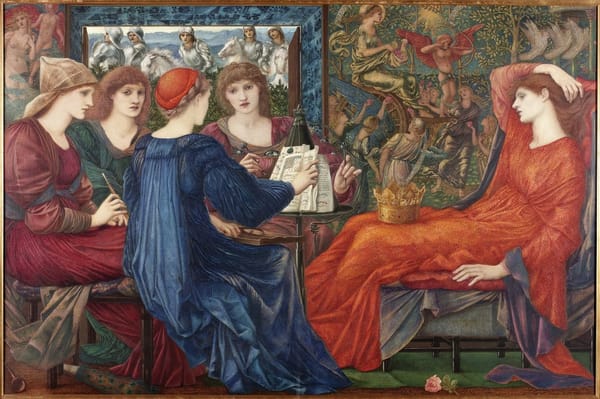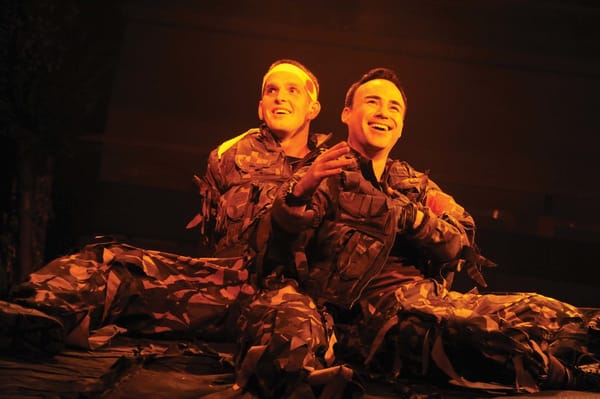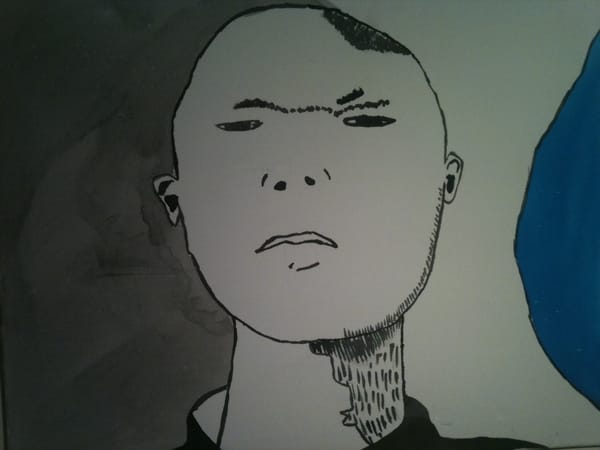The naked truth about the late works
Hamilton’s coolness disappoints at the National

“One of Britain’s most influential artists”, “the father of pop art”, “one of the most innovative and audacious printmakers ofthe age”. These phrases have all been used to describe the late Richard Hamilton, creator of such famous collages as Just what is it that makes today’s homes so modern, so appealing?, widely considered as the first ever example of pop art. You can see, then, why I was so interested to explore his final works, currently on display at the National Gallery.
You can also see, perhaps, why I was so disappointed. Famous for the political engagement and social commentary in his art, the present collection was frustratingly abstract, and at points, self-indulgent. His fascination with interior spaces, and their possibility for perfection and regularity, was clear, and he cleverly used different perspectives, shadows, and repetition to produce aesthetically pleasing works of art. An image that dominates one piece of art is subtly duplicated in the background of another, for example, and throughout his works stairs, columns and structures stretch out into infinity with satisfying uniformity. But without any meaningful subject matter to flesh out these works, they become mere studies in the powers of computers to create perfect, regular images. In one interior, a naked woman stands holding a hoover in a flawlessly created, computer-modelled hotel room, all straight lines and block colours and perfectly outlined furniture. Is Hamilton making a social comment on the objectification of women, their perceived imperfections, their domestic roles appointed them by a backward society? To be honest, I think he just really likes naked women and he really likes hoovers.
Apparently Hamilton was profoundly moved by a short story by the author Honore de Balzac, in which an artist attempts to create an image of the perfect female nude, but, according to his peers, fails, and thus commits suicide. This idea, culminating in his unfinished trio of works, The Balzac, is a recurring theme – at least, naked women are.
We find them in bath tubs, in hotel lobbies, in a rather confusing image depicting the National Gallery itself. The nude female form, created by painting over digital photographs with total accuracy, appears in almost every piece in this small exhibition. Their positions are not suggestive, their expressions are not emotive; they are just there. How can a viewer have an emotional response to that?
The artist’s insistence on using harsh, realistic photographs for the nudes, when even the faces of the walls around them have been in some way changed by his creative input, rid the images of any essence of emotion, or self-expression, and I can’t help wonder what it is he is trying to say with them. He may have achieved his desire of producing the perfect female nude’, but at the expense of any true meaning or power to his art.
When the rest of the National Gallery is so full of artists screaming out to express themselves, Hamilton’s clean cut interiors and cleverly ordered compositions just don’t cut the mustard.









